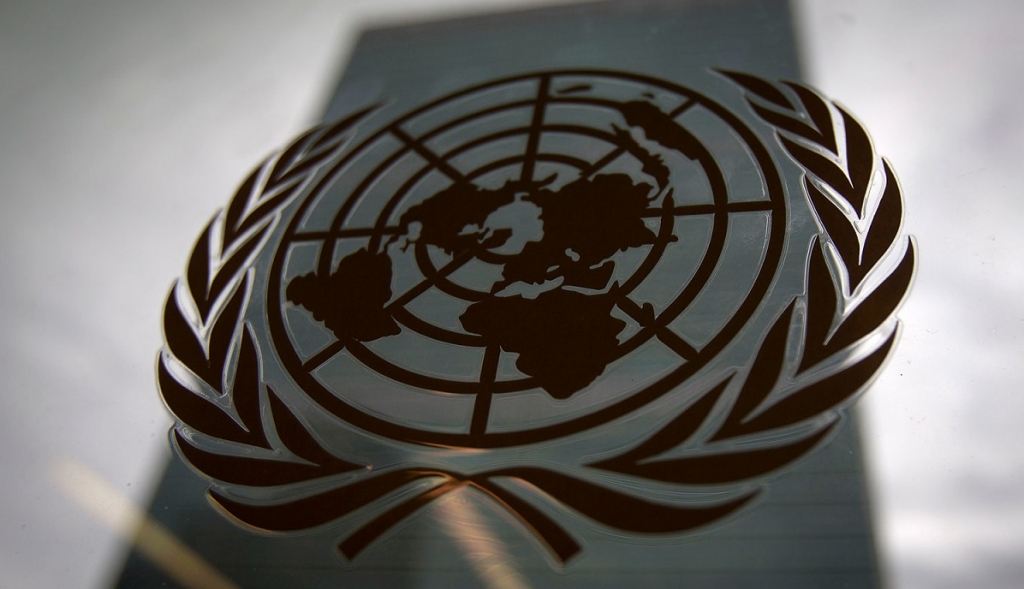Statement by Gennady Kuzmin, Deputy Permanent Representative of Russia to the UN, at the VTC of Security Council Member-States on the issue of protection of civilians in armed conflict
Mr. President,
Many thanks to the Secretary-General, Mr. Peter Maurer and Madame Ellen Johnson Sirleaf for their contributions to today’s meeting.
Indeed the work of the Security Council over these years has helped to strengthen the protection of civilians, thereby saving lives. Unfortunately, despite all our efforts, thousands of civilians especially women, children, elderly and the persons with disabilities continue to suffer. To our great regret, an unprecedented politicization of the humanitarian issues in international relations still dominates.
Now the plight of civilians becomes even harder, the threats and challenges they are facing multiplied due to the unprecedented global health crisis, COVID-19, which indeed “leaves no one behind”. It is high time to unite our efforts to achieve the noble goals of protection of people and minimizing their suffering.
In this regard we find highly relevant the Secretary-General’s Appeal for Global Ceasefire of March 23, 2020. But this SG call will be incomplete without referencing to his appeal to waive sanctions, which can undermine countries’ capacity to respond to the pandemic. The same appeal was expressed by the High Commissioner on Human Rights who stressed that in the context of global pandemic the policy of impeding medical efforts in one country heightens the risk for all of us.
We agree - protecting healthcare workers, facilitating access of humanitarian assistance are important in the fight against COVID-19. But it will not be effective if there is no access to essential health-care services and quality, safe, effective and affordable essential medicines, vaccines, personal protection and food items. International cooperation and solidarity might not be inclusive and exhaustive, while unilateral sanctions remain in effect.
Let me refer to the situation in Syria, where suffocating sanctions hit ordinary Syrians, including by preventing authorities from purchasing necessary medical equipment, intimidating international humanitarian NGOs, who are affected by fear of being sanctioned. Yes, I refer to civilians - women, children – about whom many my colleagues so much like to speak within the Council, about civilians who suffer most from coercive measures of your countries.
Coercive measures can be even more shameful when they are used by government against its own people, and I'm referring to Ukraine now. Kiev continues to pursue its brutally repressive policy towards Donetsk and Lugansk which already negatively affected more than five million civilian residents of the conflict area, deprived hundreds of thousands pensioners of access to their pensions, prevented access to education and health services. Again, our Western colleagues prefer not to pay attention and shift responsibility.
Mr. President,
Armed conflicts in various parts of the world remain a reality, though their nature has changed by new threats and potential dangers, such as increased terrorist groups activity, who use modern communication technologies, and the spreading practice of using combat drones. The answer to the problem is a full respect for international law, first of all, international humanitarian law. We concur with SG about the importance of safeguarding the authority of IHL. The norms of international humanitarian law should not be used for political manipulations. There is no need to develop new international legal concepts that allegedly fill so-called gaps in the protection regime. In practice, such ideas can only weaken the protection we give civilians. We are convinced that implementation problems lie not in the weakness of international humanitarian law, but in the disinclination or reluctance to implement its principles and norms in practice.
Mr. President,
I would like to also touch upon the issue of accountability. Nobody argues the importance of measures to bring to justice those responsible for the most heinous crimes. However we can neither share positive assessments of the work of the International Criminal Court, nor support the call for increased cooperation with it. We have expressed in details our position on the activities of the ICC on many occasions. Since then, unfortunately, nothing has changed. The ICC proved to be the wrong instrument to fight the most severe crimes under international humanitarian law.
We have repeatedly said that for the civilized level of criminal prosecution, NGO reports alone and information from other “reliable”, but “never-tell-anybody” sources are not enough. Numerous international investigation mechanisms work on the very same principle, sometimes without even entering the country of the crime scene. And just a mockery of justice - when such imposed, contrary to the will of the affected state, information-gathering structures are created through an illegitimate decision and therefore are themselves illegitimate. I'm talking, first of all, about the so-called independent mechanism to assist in the investigation of crimes in Syria (IIIM) and similar initiatives.
Mr. President,
I would like to finish by recalling the words of Secretary-General that COVID-19 pandemic - the greatest test the world has faced since the formation of the United Nations which severely impacts the protection of civilians. To pass this test we all, namely SC members, are to put aside fleeting differences, egoism, messianism and the temptation to pursue their interests to the detriment of others and work together to ensure peace and security for all.
Thank you.
